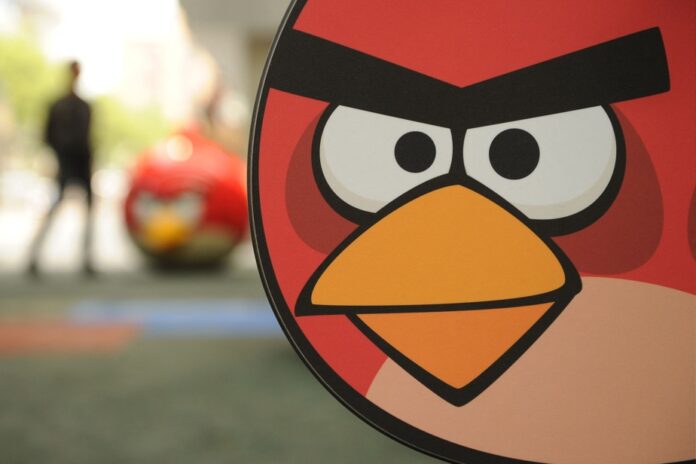(Helsinki) Sonic the Hedgehog crunches the Angry Birds for more than 700 million euros: Japanese Sega announced on Monday that it is launching a friendly offer to buy Finnish Rovio, known for the successful franchise of birds fired like projectiles.
After the takeover of Supercell (Clash of Clans, Hay Day, etc.) by Japanese companies and then by the Chinese Tencent in 2016, the acquisition marks the end of the independence of the Finnish flagships of mobile video games.
Since the worldwide success of Angry Birds at the turn of the 2010s, Rovio had remained very dependent on its license for lack of having succeeded in signing a new flagship game.
Created in 2003 by three computer science students in Helsinki, the small Finnish company had been propelled to worldwide notoriety by launching Angry Birds six years later.
Its growth had plateaued in recent years, despite a follow-up given to its video game and variations in the cinema, and even in amusement parks and children’s books. As well as an IPO in 2017.
Sega’s offer, which represents a 19% premium to Rovio’s closing price on Friday, is part of the famous Japanese brand’s “ long-term goal ” to expand into mobile video games, explained the two companies in a joint press release.
Rovio, which employs around 500 people, recommended that shareholders accept the offer of 9.25 euros per share.
“Combining the strengths of Rovio and Sega represents an incredibly exciting future”, commented the Canadian boss of the Finnish group, Alexandre Pelletier-Normand, in office for two years.
Around 5:30 a.m. (Eastern time) on the Helsinki Stock Exchange, Rovio shares jumped 17.8% to 9.16 euros.
The Finnish’s ability to repeat a worldwide success, however, seems uncertain in the eyes of analysts.
Rovio had a modest turnover of 317.7 million euros last year, for a net profit of around 31 million.
Sega, which expects to complete the acquisition between early May and July, intends to finalize the acquisition during the third quarter.
A major video game player in the 1980s and 1990s with his Mega Drive consoles, the Japanese is known for his famous character Sonic, the lightning-fast blue hedgehog.
But the firm then seriously declined, having failed to impose its consoles against Nintendo and its Super Mario, as well as Sony and its PlayStation.
Beyond the creation of video games, the group – which has been called Sega Sammy Holdings since 2004 – is also very present in arcade games and pachinko machines (cross between pinball machine and slot machine) in Japan, a field of activity whose decline has nevertheless accelerated in recent years due to the COVID-19 pandemic.
Games on smart phones are therefore seen as a lifeline by the group, which achieved an annual turnover of 381.5 billion yen (about 2.6 billion euros) last year, for a net profit of 31.5 billion yen (214 million euros).
With Rovio, Sega also gets its hands on the Finnish mobile gaming platform, Beacon, Rovio’s other main asset.
However, Finland retains a significant independent video game publisher, with console game specialist Remedy Entertainment and the Alan Wake franchise.















